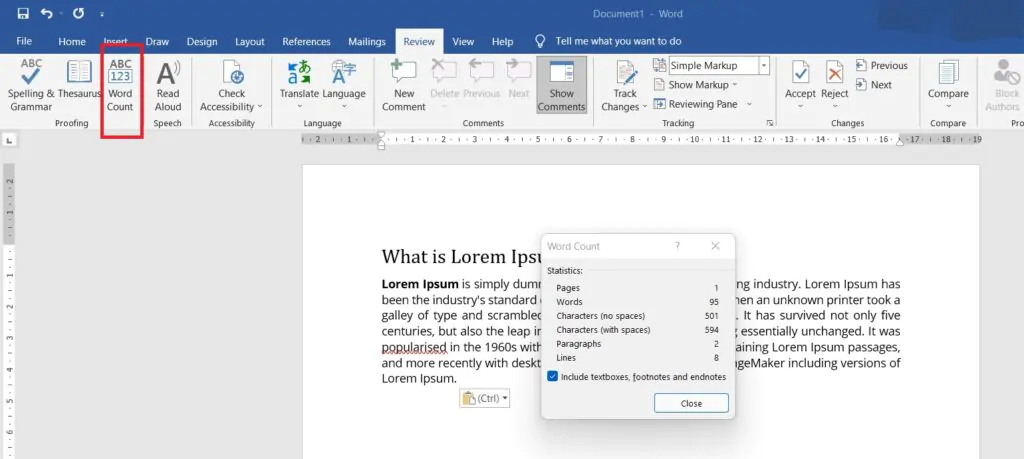Want to Write Online?
As Seen On

Writing Software Reviews
We try and test the best writing software and apps. Read some of our popular reviews.
Writing Resources
Watch, listen and learn from podcasts, videos and courses about the craft of writing from Become a Writer Today.
YouTube
Watch our videos packed full of writing advice, software reviews, tips, interviews, and book-round-ups on our channel. ⏯️
Courses
Get help with writer’s block, self-publishing, and earning more money as a writer in these popular courses. ✍️
Podcast
Listen to interviews with New York Times best-selling authors and other top writers. Get practical advice that works. 🎧
Writing Blog and News
Our team of expert writers publishes practical advice about the craft of writing.
How to Count Words: 8 Step-by-Step Guide
Are you wondering how to count words efficiently and accurately on your written pieces? This…
8 Effective Ways to Train Your Creativity Quotient
This article explains the meaning of the creativity quotient and how you can train yours…
The Great Courses Review: Is It Worth It?
The Great Courses is the granddaddy of these types of learning opportunities, but where do…
Exploring Stream of Consciousness Writing with Famous Examples
What do thoughts look like on paper? Stream of consciousness writing is a literary technique…
10 Best Authors Like Yukio Mishima To Keep You Pondering the Meaning of Life
Discover our guide with authors like Yukio Mishima, who will send you down a philosophical…
15 Best Books Pregnancy Experts Recommend To Help You on Your Journey
Discover our list of the best books pregnancy experts have written for every stage of…

Writing Advice That Works
Our team has written thousands of articles covering all types of writing, book genres, niches, tools, famous authors, and the written word. You can start your writing journey today.

Need Writing Software?
We regularly review and profile the best writing tools, apps, grammar checkers, and AI writing software, so you can find one that works best.

Great Books
Our team of writers has read and reviewed the best books and authors across various genres. Never run out of items for your reading list.








